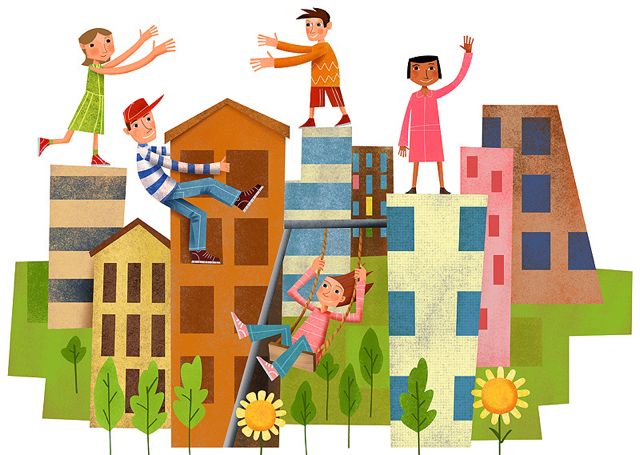Why are boys less likely to disclose their problems: Implications for mentoring
 Rose, A. J., Schwartz‐Mette, R. A., Smith, R. L., Asher, S. R., Swenson, L. P., Carlson, W., & Waller, E. M. (2012). How Girls and Boys Expect Disclosure About Problems Will Make Them Feel: Implications for Friendships. Child Development, 83(3), 844-863.
Rose, A. J., Schwartz‐Mette, R. A., Smith, R. L., Asher, S. R., Swenson, L. P., Carlson, W., & Waller, E. M. (2012). How Girls and Boys Expect Disclosure About Problems Will Make Them Feel: Implications for Friendships. Child Development, 83(3), 844-863.
Summary
One of the strongest findings in the sex differences of friendships is that girls tend to disclose more than boys (Rose & Adolphs, 2006). Although these findings have been consistently replicated in many studies, less work has been done in understanding and explaining this difference. One might predict that girls expect relief from receiving validation and support when disclosing emotional problems, whereas boys may fear embarrassment to a greater extent than girls.
These hypotheses were tested by Rose et al. (2012) in middle childhood and mid-adolescent boys and girls (ranging from 8 to 17 years old). Participants read vignettes in which they encountered stressful situations, such as being bullied. They then reported on their expectations if they disclosed the problem to friends, and whether they would disclose at all. The major findings in the study were:
1) Girls endorsed positive expectations (feeling cared for, being understood) more strongly than boys did. Girls were more likely to feel that disclosure will lead to feeling better about themselves, strengthen their connections to others, and help resolve the problem itself. These positive expectations lead to girls’ greater amount of disclosure to friends.
2) Boys did not endorse negative expectations of being embarrassed or worried about being teased more strongly than girls did. However, boys were more likely to feel “weird” and that they were wasting time.
These differences in expectations helped to explain girls’ greater disclosure to friends.
Implications
Why boys feel it’s “weird” to disclose (and what they mean by that term) should be explored in future research, but gender roles may be coming into play. Boys may be value toughness more than girls, even as early as middle childhood.
Future studies may consider why boys feel that they are “wasting time” in disclosing problems to friends. The authors raised the possibilities that boys may feel that sharing ambiguous problems with friends who cannot help the situation instrumentally, or even that talking about the problems takes away from other possible stress relief, such as leisure activities.
Mentors working with boys should provide safe, non-stigmatizing contexts for boys’ to discuss their problems, providing reassurance that problems are a normal part of life and that sharing them can be a constructive way of resolving them.
Summarized by UMass Boston graduate student Max Wu










